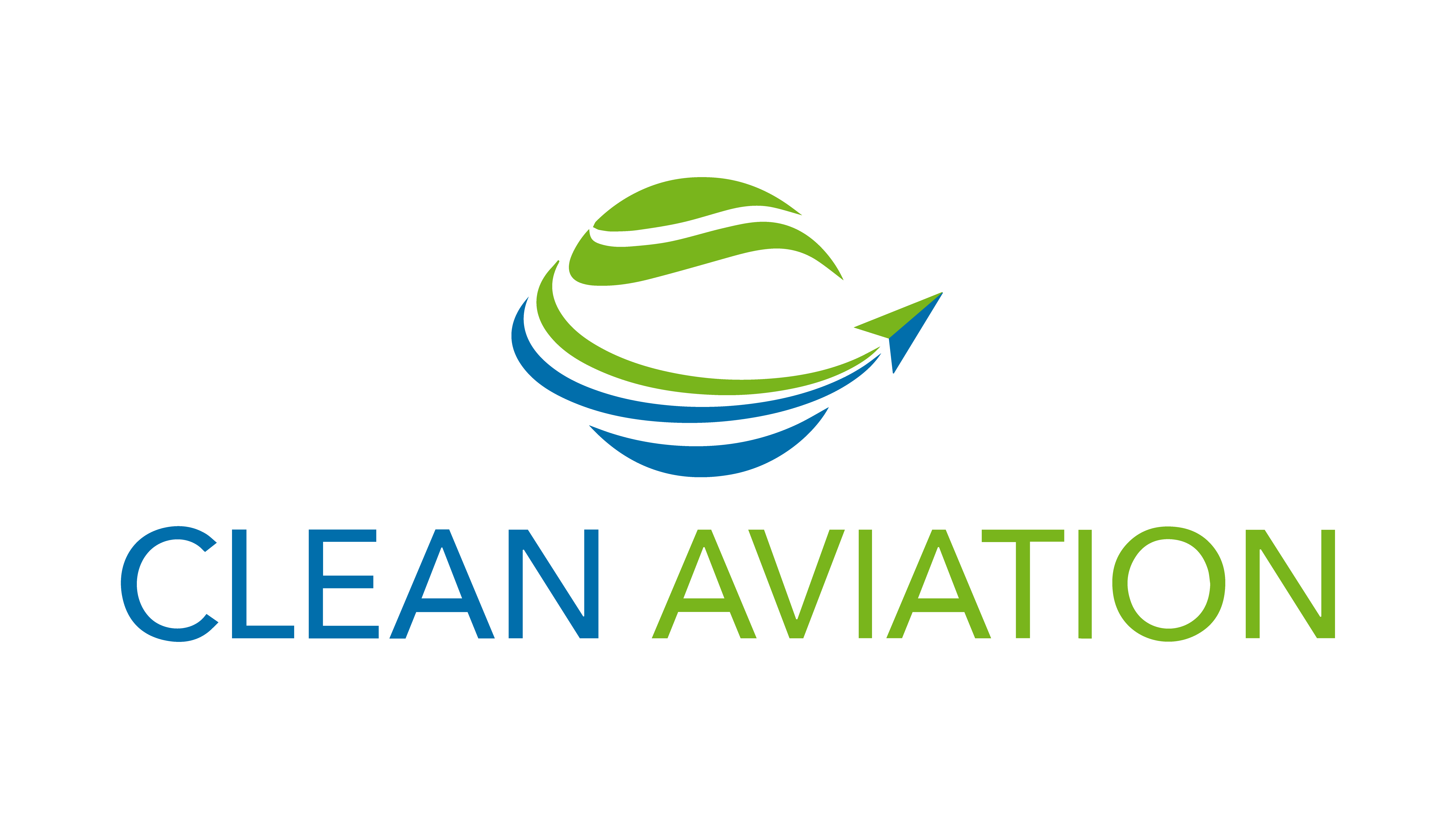Applus+ participates in the H2ELIOS project
The development of an integral liquid hydrogen storage tank fit for aircraft.
Start date: 2023
End date: 2025
Participants: Applus+ plays a major role in H2ELIOS consortium, which is coordinated by Aciturri; and also has the contribution of several companies, research centres and universities including: Alestis Aerospace, Piaggio Aerospace, Pipistrel, Test-Fuchs, AIMEN, Fraunhofer, CIRA, NTNU (Norwegian University of Science and Technology), Universidad de Patras, Universitat Politècnica de Catalunya y EASN (European Aeronautics Science Network).
H2ELIOS is supported by EASA (European Union Aviation Safety Agency) to develop the future of airworthiness and a certification of the solution and by an advisory board including Airbus, Linde, Lufthansa Technik, Iberia, Honeywell, ENERSENS, INECO y Cryospain.
Funding: After the proposal evaluation phase, the Clean Aviation Joint Undertaking, the public-private initiative cofounded by the European Union and reference for the development of new disruptive aeronautical technologies, has approved the H2ELIOS project, funded with almost 10 million euros.
Clean Aviation will allocate in this first call almost 728 million euros to the development of twenty projects led by European benchmark companies such as Rolls Royce, Airbus Operations or Safran, which also include those coordinated by two Spanish firms: Airbus Defence and Space and Aciturri.
Background
The H2ELIOS project forms part of the Clean Aviation program, an aeronautical development program funded and promoted by the EU within Horizon Europe framework programme.
To improve energy efficiency and reduce the emissions of tomorrow’s aircraft, the Clean Aviation program is currently working on the development of a hydrogen-powered aircraft, an alternative carbon-free fuel. To compete with the conventional fuels currently used in aviation, we first have to solve a major challenge, the hydrogen must be able to be stored in its liquid form, which means -253 ºC at atmospheric pressure.
Objectives
The main objective of the H2ELIOS project is to design, manufacture and test a liquid hydrogen tank prototype fit for aircraft. Its mission is to move the prototype towards the TRL5 phase (Technology Readiness Level 5) validating it for its relevant industrial environment- by 2025.
Requirements
- The tank will have the capacity to bear 150 kg of liquid hydrogen, the minimum amount of fuel required to demonstrate the technical solution for hybrid-electric regional aircraft (HER) and short- and medium-range (SR/SMR) aircraft.
- It must be able to be re-fuelled in 45 minutes or less.
- The tank must preserve the hydrogen at 20 degrees Kelvin, the cryogenic temperature that allows hydrogen to remain liquid.
Our contribution
We’ll conduct two testing projects in our installations:
On one hand, the materials used to build the tank will have to be characterized. The samples will go through an accelerated aging process to simulate contact with H2 in cryogenic conditions with new low weight and higher resistance advanced materials.
Then, when the tank is ready, we will proceed to develop a test bench to perform a series of functional tests. These include: testing the tank’s maximum capacity to bear 150 kg of liquid hydrogen, verifying its insulation to be leak-proof and validating its vaporization or boil off systems. All tests must be conducted according to EU standards.
This last testing project will be carried out at our Applus+ headquarters in Spain. Our facilities are well suited for the challenge at hand, they contain segregated areas equipped with the necessary equipment and access to firefighting personnel fit to carry out this type of test that implies potential both dangerous risks and high technical skills.
While liquid hydrogen is already being used as rocket fuel, and its tanks are already being tested; there are specific challenges to address in order to use it in aviation. Additionally, it would be the first time this type of testing is carried out in Spain.
About Clean Aviation
- The Clean Aviation Joint Undertaking is the European Union’s leading research and innovation programme for transforming aviation towards a sustainable and climate neutral future.
- Pulling together the best talent and capabilities of the private and public sectors and developing cutting-edge technologies and making these available for a transformational leap in aircraft performance in the 2030s, the Clean Aviation Joint Undertaking will pave the way towards the EU’s ambition of climate neutrality by 2050.
- Operating at the centre of a broad and diverse eco-system of players across Europe ranging from the aeronautical community, pioneering SMEs, research establishments and academia, it acts as a hub for new ideas and bold innovations.
- As a European public-private partnership, Clean Aviation pushes aeronautical science beyond the limits of imagination by creating new technologies that will significantly reduce aviation's impact on the planet, enabling future generations to enjoy the social and economic benefits of air travel far into the future.
We invite you to follow the project through:



The project is supported by the Clean Aviation Joint Undertaking and its members. Funded by the European Union, under Grant Agreement No 101102003. Views and opinions expressed are however those of the author(s) only and do not necessarily reflect those of the European Union or Clean Aviation Joint Undertaking. Neither the European Union nor Clean Aviation JU can be held responsible for them.